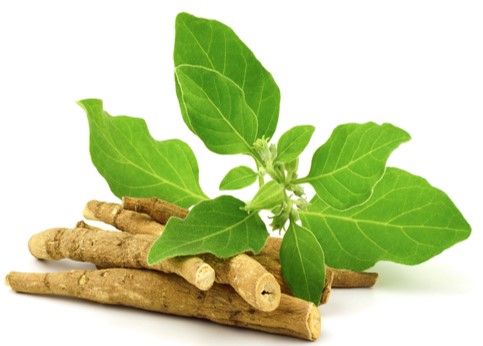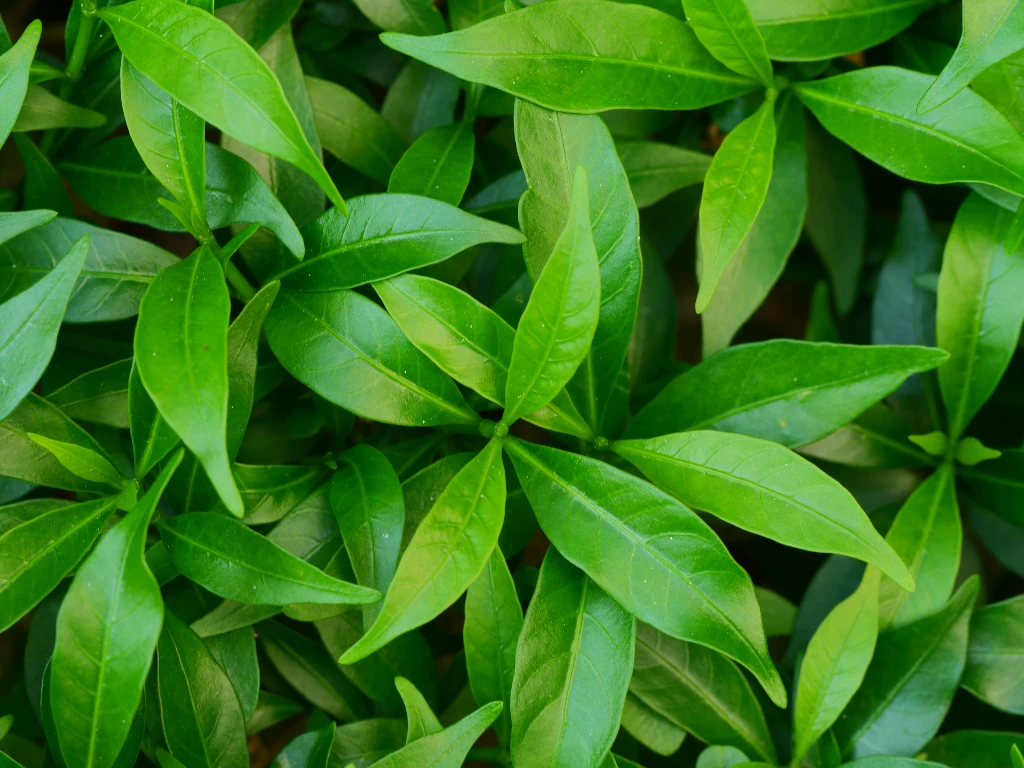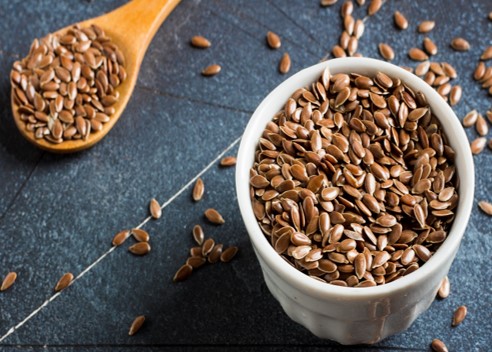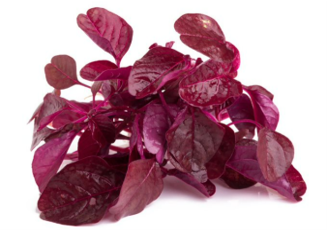A Natural and Best Solution for Stress and Anxiety – Ashwagandha
Every individual has felt anxious once in a while due to work, school, or college. And you may get a little daunted when the anxiety starts interfering with your daily life. To cope with such things, you might opt for ashwagandha. As there are various health benefits of Ashwagandha along with helping to cope with stress and anxiety. How stress and anxiety have become common a problem? Stress and anxiety are something humans have been undergoing commonly these days. Our modern way of living has caused anxiety levels to hit a fever pitch. Hectic timetables, stress, and anxiety have become a part of our existence. And while many go for modern medicine, some also look back at older, traditional support like ashwagandha that may help with anxiety disorders. Ashwagandha is a traditional ayurvedic medicine that may help to relieve anxiety and stress. Ashwagandha: Natural herb for Anxiety and Stress Ashwagandha also known as Withania somnifera, used in Ayurveda for years, is one form of traditional Indian medicine. The medicinal plant also called Indian ginseng or winter cherry, is a part of different types of Indian and African traditional medicine. This adaptogen is considered an essential herb for these traditional practices and a group of plants that may help you to handle mental and physical stressors. It has been in help for thousands of years to aid stress, enhance concentration, and improve energy levels. Ashwagandha root is a drug of “Rasayana,” a Sanskrit word that translates to a way of the essence. Traditionally, people thought this root could affect the entire body right from the nervous system to the blood pressure. How ashwagandha can help to get better sleep Ashwagandha herb is effective in reducing sleep-related problems. When one gets stressed or anxious about something, one gets restless & thoughts run through their mind. This can disrupt the sleep cycle and neurotransmitter production which can further increase your anxiety and affect sleep. But with the help of ashwagandha, one can sleep better by relieving stress. Conclusion Arjuna Natural’s Shoden ® is the unique Ashwagandha ingredient standardized to 35% Withanolide glycosides (measured by HPLC). It is the most powerful Ashwagandha, clinically tested, purified ashwagandha extract of carefully chosen Ashwagandha plant that guarantees activity even at low doses. Ashwagandha, a powerful adaptogen has a rich history in healing and is available in water-soluble and beadle conditions. Shoden ® is safe, non-irradiated, 100% pure and natural and complies with all protection standards. Shoden ® delivers guaranteed activity even at low doses. Also, it is the world’s most potent Ashwagandha extract and is backed by extensive clinical studies.











